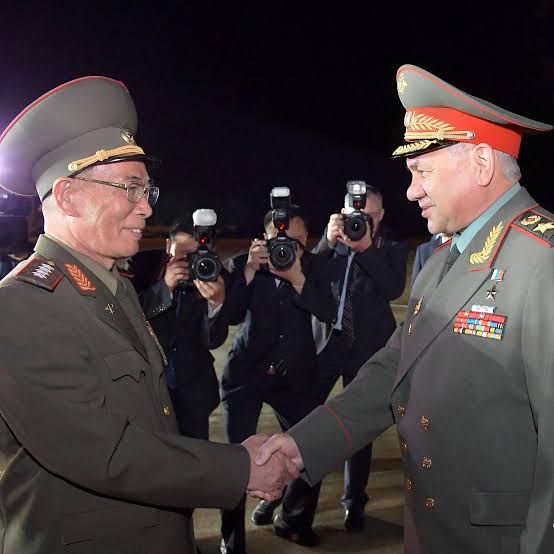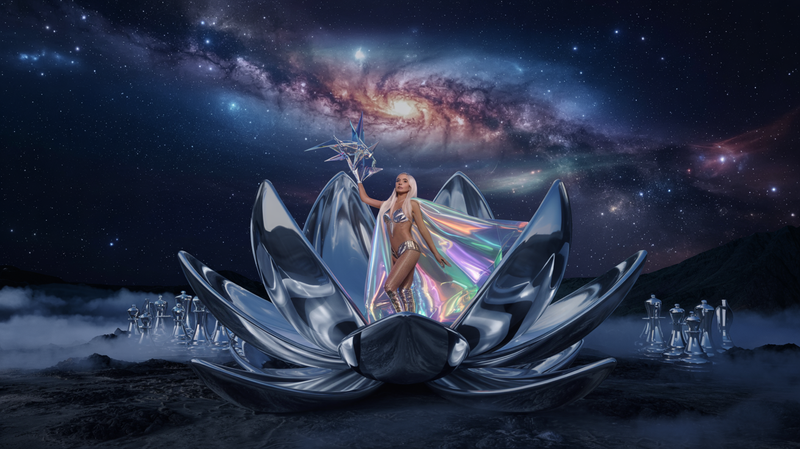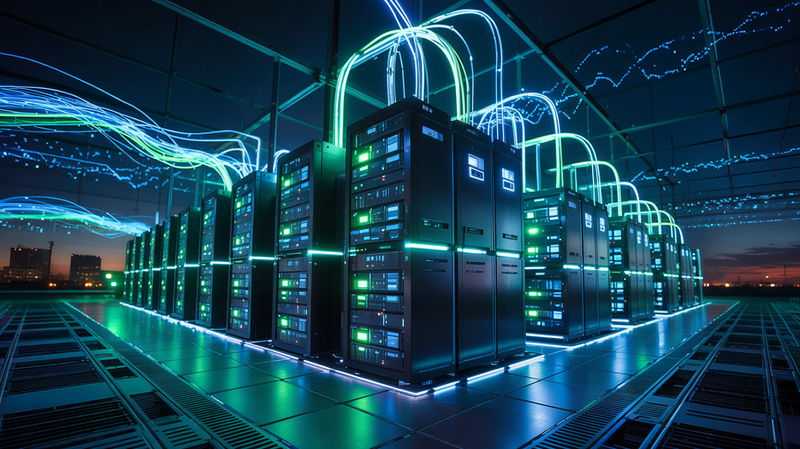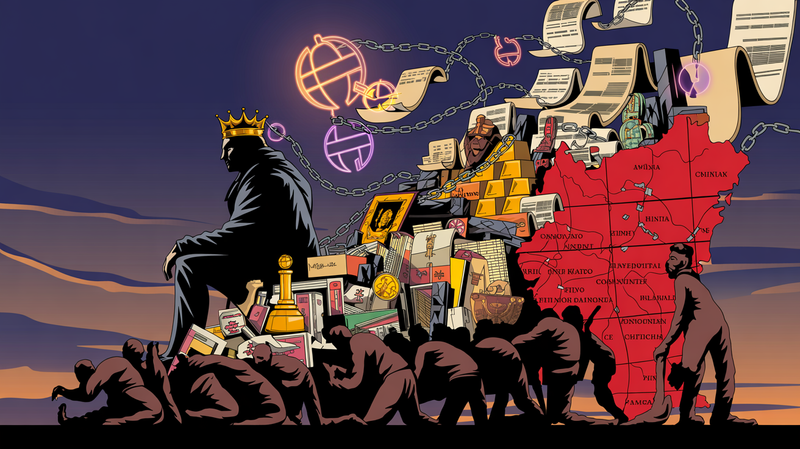A Grand Gesture: Warm Reception for Russian Defence Minister Signals New Phase in North Korean Foreign Relations
In a striking shift from its recent isolation, North Korea has welcomed foreign delegates, breaking its prolonged self-imposed border lockdown. The first notable visitors were the Russian Defence Minister Sergei Shoigu and his delegation, who received a heartfelt welcome in the capital, Pyongyang, on Tuesday as reported by the Korean

In a striking shift from its recent isolation, North Korea has welcomed foreign delegates, breaking its prolonged self-imposed border lockdown. The first notable visitors were the Russian Defence Minister Sergei Shoigu and his delegation, who received a heartfelt welcome in the capital, Pyongyang, on Tuesday as reported by the Korean Central News Agency (KCNA).
This welcoming reception arrives ahead of the 70th-anniversary celebrations of the Korean War armistice, signed on July 27, 1953. North Korea observes this day as Victory Day, symbolizing the cessation of open hostilities during the Korean War.
As Shoigu's plane landed, the Russian national anthem resonated throughout Pyongyang International Airport, and the atmosphere was reportedly brimming with a "warm welcome". The North Korean and Russian flags fluttered side by side, and honor guards from the Korean People's Army (KPA) were lined up at the airport terminal, anticipating the arrival of the Russian delegation.
Upon arrival, Defence Minister Shoigu was greeted by his North Korean counterpart, Kang Sun Nam. Photographs shared by the official Rodong Sinmun newspaper showcased hundreds of uniformed KPA soldiers holding signs to welcome the Russian delegation at the airport.
According to the KCNA report, the North Koreans extended their "full support" for the Russian military and citizens, who are determined to protect their nation's sovereign rights, development, and interests. As a longstanding ally of Pyongyang, Russia is among the few nations maintaining amicable relations with North Korea.
North Korean leader Kim Jong Un has consistently backed Russia's actions in Ukraine, including, as per Washington's claims, the supply of rockets and missiles.
This visit by the Russian defence minister is regarded as a significant diplomatic event, especially during a time of global conflict. Professor Park Won-gon from Ewha University in Seoul posits that the gesture could send a "strong unified message" to the United States.
Furthermore, the inclusion of foreign guests in the Victory Day celebrations signals a potential shift in North Korea's rigid border control enforcement since early 2020. Another ally of North Korea, China, is also expected to send a delegation led by Politburo member Li Hongzhong. This opens up a possibility for a change in North Korea's border policy.
Despite its strict self-imposed Covid-19 blockade since early 2020, North Korea resumed some trade activities with China last year and allowed Beijing's envoy Wang Yajun to assume his role in 2023. Wang is the first known diplomat to enter North Korea since its border closure in January 2020.
According to Russia's Defence Ministry, this visit marks a significant milestone in the strengthening of military ties between Russia and North Korea, as well as the ongoing development of cooperation between the two nations.




